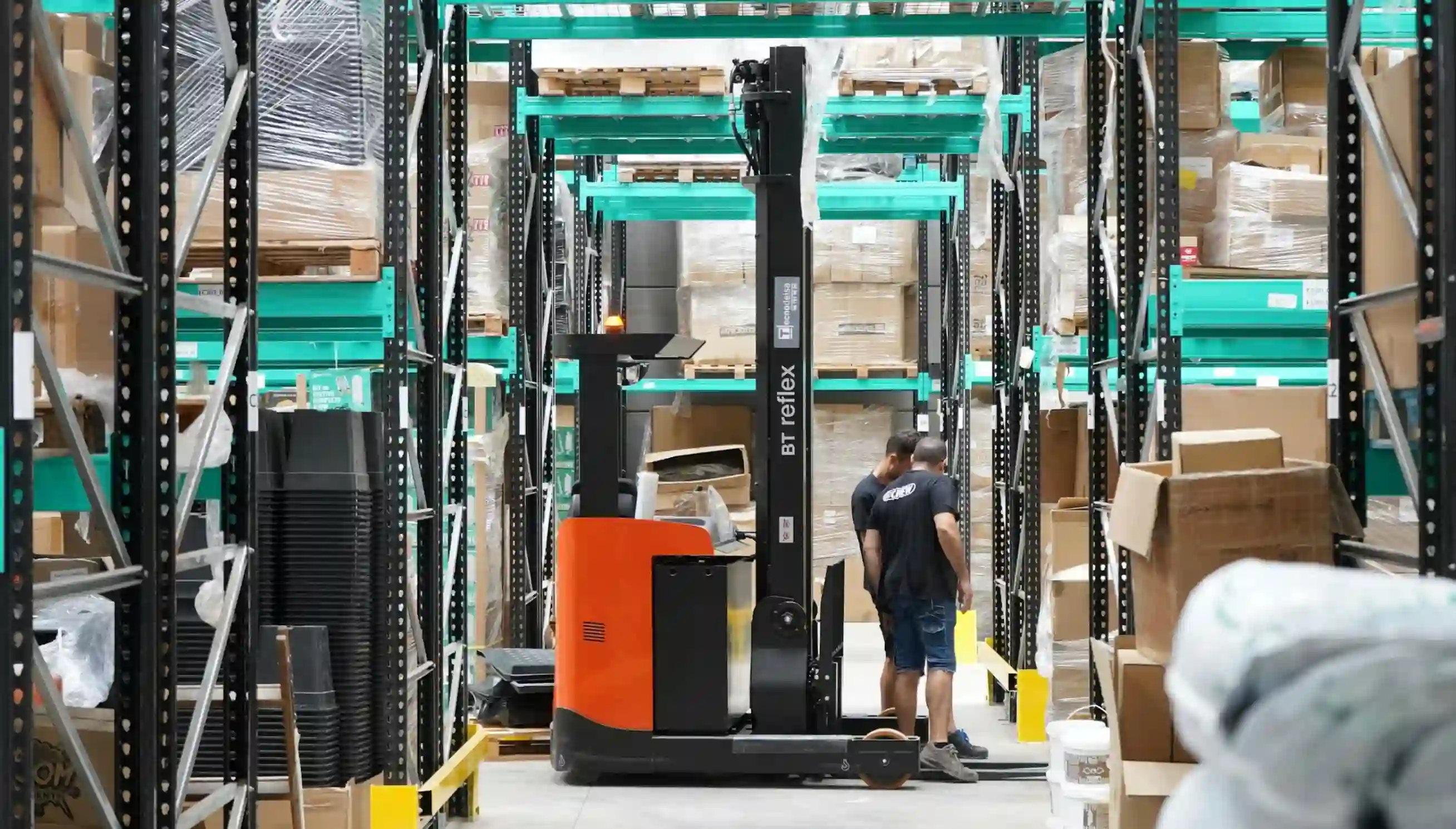Why it is Critical to Remove Your Data from Decommissioned Computers
Before disposing of your computer, deleting your data is imperative for several reasons. Although it appears uncomplicated, the process is more intricate than most discern, more notably within a large organization.
Before Disposing of Your Computer
Deleting your data is imperative for several reasons. Although it appears uncomplicated, the process is more intricate than most discern, more notably within a large organization. Furthermore, the possibility of exposing your sensitive files must be noted, as it ultimately determines whether or not you will take the pivotal steps to protect yourself. Many criminals aspire to steal your data—more specifically, your personal information, passwords, account data, license keys for software programs, contact information, medical records, tax returns, etc. Cybercriminals will never care how detrimental their invasive hacking may be to your existence, nor do they care.
Donating, Recycling, or Selling Your System
At some point, donating, recycling, or selling your system is inevitable, but there are distinct functions you must execute preceding any of these options. Shortcuts should never jeopardize these critical steps; a decommissioned system should never pose a threat.
The Inclination Lies in Deleting Your Computer’s Files
Trusting that you can stand any abuse of confidentiality that could ensue if your system is in the wrong hands; deleted files are recoverable. The operations seem prolonged, but they are crucial. One should execute the following actions to secure data on your decommissioned computer as a precedent for upgrading or changing your present system.
Devising a Plan
We advise that you begin with a plan before beginning the decommissioning process. An itemized list of functions will ensure that you do not overlook any vital steps. This effort is most important when dealing with numerous systems, as in the case when entire corporate departments are being terminated or shut down. Additionally, staying focused is key to preventing security breaches or other capacities for jeopardy; expanding your list with threats as they come to mind is to your advantage.
Remove Access
Your primary step should be to wipe out any accounts or other access control facilities associated with your decommissioned computers. This function will prevent access from past employees not deemed admittance to enter and view your company’s secure data. Constant network data could also grant connections with security hackers. That said, our experts at Michaels Global Trading suggest this process should take absolute precedence.
Destroy the Data
It is always safe to say that your hard drive is caching sensitive data. Disposing your computer into a landfill is not the best practice. Furthermore, reformatting your drive to erase data is not sufficient enough to merit your information as safe, as the shred utility tool surpasses this method in terms of prime security measures. Taking the extra stride to encrypt data preceding any deletion will make a recovery even harder.
Crush the Device
In certain cases, there may be an urgency to physically destroy the storage device on your system to safeguard that delicate files are not compromised or leaked to whoever gets the drives next, even within your organization. In such cases, we advocate experts who can do this, thus ensuring data is virtually unrecoverable. If your company is unable or unwilling to trust a third party, we advise you to use an internal team with similar equipment, and who are as savvy and expert as external contractors.
Track Decommissioned Systems
As elite professionals at Michaels Global Trading, we value concrete, physical pointers in terms of the safety of your computer’s invaluable information. Setting aside the decommissioned machines is critical, not allowing for any networks to be overlooked. It’s vital to indicate whether a system is decommissioned via secure, detailed techniques.
Keep Judicial Records
It’s important that various people are administering processes to decommission your computers and that each contributor signs off or documents their responsibilities. This stride will enable you to distinguish where any mishap or impediment may have ensued. Recording both dates and times and detailing the specifics in terms of processed equipment components (value, replacement cost, etc.) will largely contribute to sustaining meticulous records.
Act Without Delay
It’s quite simple to store away equipment that requires secure decommissioning and lose sight of your enterprise to eliminate security threats. It should be your company’s main focus. It’s not uncommon for neglected equipment to reach the hands of someone with a keen interest in compromising your security by using your private files or sensitive data. Additionally, having your systems continue to run posts a risk; other methods may run on your network, potentially exposing it to both malware and security hackers.
Eliminate Potential Clues
Clearing configuration settings on networking equipment play a powerful role in your decommissioning process. Managing switches, authenticating serial console servers, along with several other smart network infrastructure devices, are tips to hackers to penetrate your sensitive information. Technically, a factory reset is imperative to safeguard your raw files, wiping your computer’s hard drive. This phase will delete all your personal information, applications, and data in the process. To be perfectly safe, you must also remove your computer’s hard drive.
Keep Systems Secure Until Disposal
Most explicitly, within large corporations, it’s crucial to study and track the chain of observation and protection. Our team strongly suggests an inflexible protocol that limits access to any equipment deemed for secure disposal by random individuals. Devising a system that limits and defines who has permission to align themselves in this grand project is an important measure.
Inventory all Equipment
Tracking inventory is key to avoid omitting any of your storage devices, systems, or accessories. It’s compelling to note that a storage device, by definition, is one of the core components of any computing device, storing virtually all data and applications on your computer. Various forms include RAM, cache, and hard disk on your computer. However, it’s important to note that storage also encompasses all externally connected USB drives. Even once you have secured your sensitive information, your systems should remain under stringent supervision. Security practices should be present even when your systems are shut down.
Decommissioning your computer system is a challenge that requires extensive coordination, both singular and within corporations, using a trusted and expansive team. Even those most meticulous may be somewhat of a hindrance. Often, the line between the real world and the digital word is obscure, but what remains clear is the power of cybercriminals and their ability to sell sensitive information. Taking steps to decommission your systems properly is of the highest importance.
Our accomplished team at Michaels Global Trading boasts choice assistance in the removal and disposal of your entire office contents, including IT equipment. We have sustainable recycling programs in place to efficiently dispose of your items. Further, office furniture that is in excellent condition is resold or donated within North America to charitable causes.
To connect directly with us and discover more about our vast expert services, call 888-471-5066 or visit our website!




